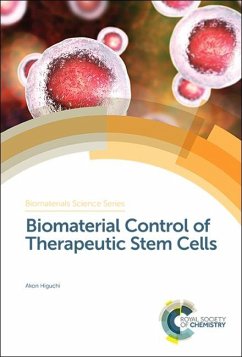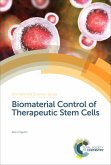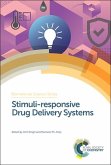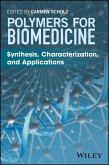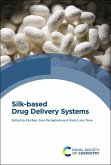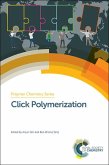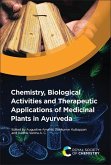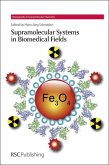Human pluripotent stem cells (hPSCs), which cover both human embryonic stem cells (hESCs) and induced pluripotent stem cells (iPSCs), show promise for drug discovery and regenerative medicine applications. These stem cells cannot be cultured on conventional tissue culture dishes but on biomaterials that have specific interactions with the hPSCs. Differentiation is regulated by the biological and physical cues conferred by the biomaterial. This book provides a systematic treatment of these topics bridging the gap between fundamental biomaterials research of stem cells and their use in clinical trials.
The author looks at hPSC culture on a range of biomaterial substrates. Differentiation and control of hESCs and iPSCs into cardiomyocytes, osteoblasts, neural lineages and hepatocytes are covered. The author then considers their translation into stem cell therapies and looks at clinical trials across spinal cord injury, macular degeneration, bone disease and myocardial infarction. Finally, a chapter on future directions closes the book. By using this book, the reader will gain a robust overview of current research and a clearer understanding of the status of clinical trials for stem cell therapies.
The author looks at hPSC culture on a range of biomaterial substrates. Differentiation and control of hESCs and iPSCs into cardiomyocytes, osteoblasts, neural lineages and hepatocytes are covered. The author then considers their translation into stem cell therapies and looks at clinical trials across spinal cord injury, macular degeneration, bone disease and myocardial infarction. Finally, a chapter on future directions closes the book. By using this book, the reader will gain a robust overview of current research and a clearer understanding of the status of clinical trials for stem cell therapies.
Dieser Download kann aus rechtlichen Gründen nur mit Rechnungsadresse in A, D ausgeliefert werden.

